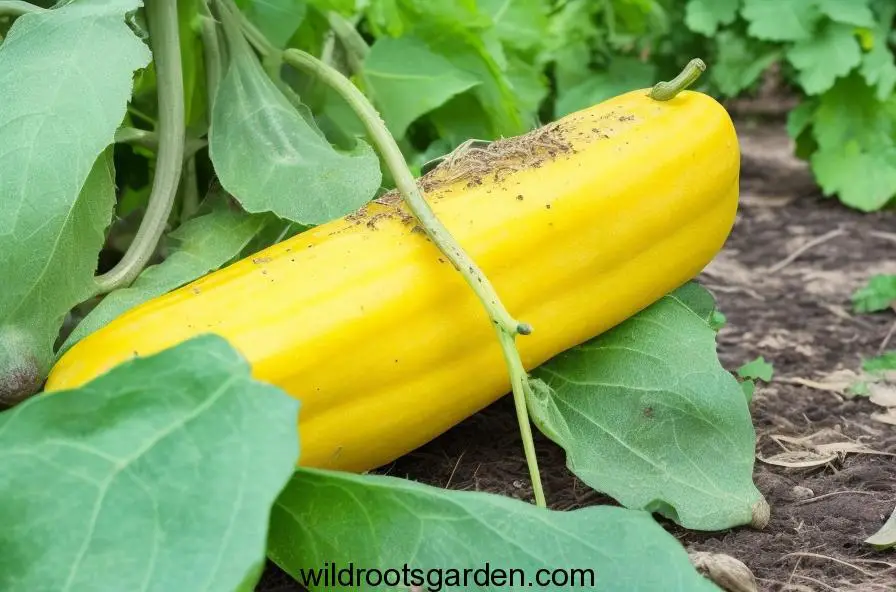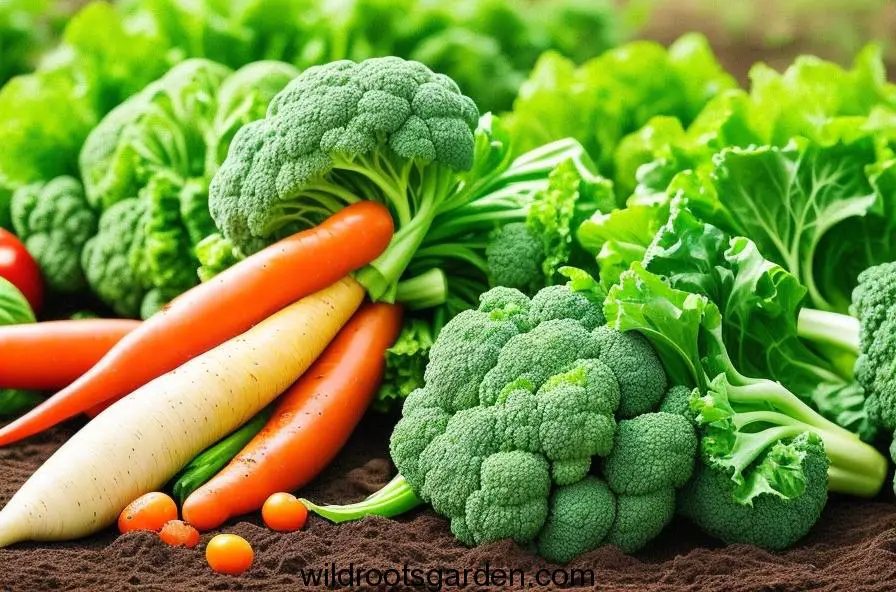| Learn how adding fresh produce to meals boosts energy, supports wellness, and keeps your body strong naturally. |
Vegetable
Best Strawberry Variety to Grow in Florida: Top Picks for Success
If you’re dreaming of picking sweet, juicy strawberries right from your own garden in Florida, choosing the right variety is the key to success. Florida’s warm climate and unique growing season mean not all strawberries will thrive here. But don’t worry—there are specific strawberry varieties that are perfectly suited to Florida’s weather, promising you flavorful … Read more
North Florida Vegetable Gardening: Your Month-by-Month Guide to a Bountiful Harvest
Hey there, fellow green thumbs! If you’re in North Florida—think Tallahassee, Jacksonville, or the Panhandle—you know our climate is a bit of a rollercoaster. Mild winters give way to scorching summers, with the occasional frost sneaking in to keep things interesting. But that’s what makes vegetable gardening here so rewarding: you can harvest fresh produce … Read more
Top 10 Best Vegetables to Grow in South Florida
South Florida’s subtropical climate—think USDA Hardiness Zones 10a to 11a with hot, humid summers, mild winters, and plenty of rain—presents unique opportunities and challenges for home gardeners. While scorching heat and occasional hurricanes can test your green thumb, the region’s long growing season allows for year-round harvests if you choose the right crops. Heat-tolerant, disease-resistant … Read more
How to Grow Peppers in 10 Days in Florida: A Comprehensive Guide
Growing peppers in Florida’s warm, humid climate is a rewarding endeavor, but achieving a harvest-ready crop in just 10 days is a challenging goal. While peppers typically take 60–90 days to produce fruit, you can kickstart the process by focusing on germination, early seedling growth, or using transplants to get a head start. This semantically … Read more
Best Time to Plant Tomatoes in Florida: A Comprehensive Guide
Tomatoes are a favorite crop for Florida gardeners, offering juicy, flavorful fruits perfect for salads, sauces, and sandwiches. However, Florida’s unique subtropical and tropical climate, with its warm temperatures, high humidity, and distinct wet and dry seasons, requires careful timing to ensure a successful tomato harvest. From North Florida’s cooler winters to South Florida’s frost-free … Read more
Best Vegetables to Plant in September for Fresh Harvest
Want a stunning fall harvest? Discover the best vegetables to plant in September, from leafy greens to root vegetables, and enjoy fresh produce well into the cooler months.
Best Fruits and Vegetables to Grow in South Florida: Top Choices for Your Garden
Ready to turn your South Florida backyard into a tropical paradise? This South Florida gardening guide will help you pick the perfect fruits and veggies to thrive in our unique climate.
Can I Just Throw Vegetable Scraps in My Garden?
Many people wonder what to do with the excess vegetable scraps they generate in their homes when it comes to gardening. Instead of discarding them, why not consider composting? Vegetable scraps can be composted to create a nutrient-rich soil supplement for your garden, which reduces waste. In this article, we will discuss the benefits of … Read more
Yellow Squash Rotting on The Vine
Discover the heartbreak of watching your vibrant yellow squash wither away on the vine. Learn how to prevent and manage rotting, preserving the joy of homegrown produce. Imagine the anticipation of nurturing your vibrant yellow squash plants, tenderly tending to them as they stretch toward the sun, and eagerly awaiting the moment when you can … Read more
How Soon Can You Eat Vegetables After Fertilizing?
How Soon Can You Eat Vegetables After Fertilizing? Timing is everything when it comes to eating vegetables after fertilization. It is typically advised to hold off on harvesting and eating any veggies that have been fertilized. The waiting time varies according to the fertilizer applied. In order for the nutrients in organic fertilizers, like compost, … Read more








